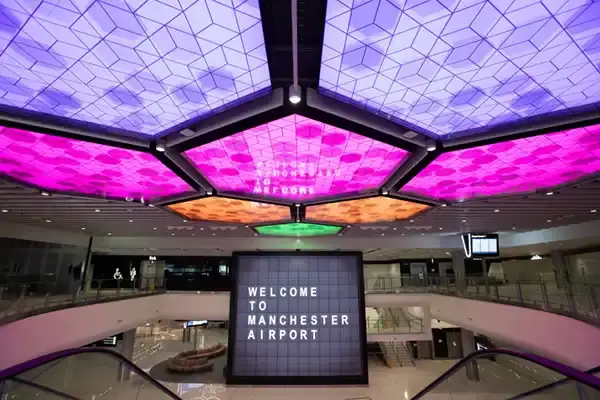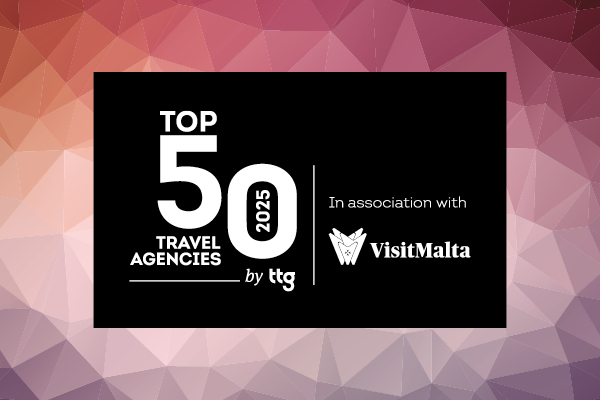How Google is taking search to the next level
The technology giant’s latest developments aim to provide solutions rather than answers and present the information in a more visual way, writes Janet Butler, senior consultant, The Working Solution
Lalit Gupta, senior industry manager at Google UK, was enthusiastic about how Google’s new developments in its travel tools, particularly around search, will benefit the travel industry, when he delivered the keynote speech at TTI’s conference earlier this year.
He said: “Google is changing and changing for the better.” The revisions began in 2018 when Google outlined how the company saw Search evolving. As a consequence, these initial thoughts rippled throughout the organisation, prompting Google to refine its products to match new search habits.
These are the three major search changes he predicted would happen:
∙ Moving away from providing answers to providing solutions
∙ Shifting from a query to a query-less way of getting information
∙ Changing from just text to a more visual way of finding information.
As a result, the travel team at Google have spent considerable time researching how to make these changes and how to infuse them into all of the Google travel products.
Google implemented a research programme with a sample size of 6,000 users to make sure they were on the right track. One of the key findings from the research was that three-quarters of travel is “mind time”, spent on the non-travel aspirational stage of travel booking, rather than the travel itself. Therefore, all new travel products are designed to offer travel solutions that take users from just mundane searching, into the realm of daydreaming and to become inspired enough to book their next trip.
Google is currently focused on working with visual solutions to drive higher customer engagement throughout the booking journey. This includes the introduction of rich pictures, short-form videos and a hotel preview experience. The hotel visuals offer an immersive full-screen swipeable format.
Google said that it has developed a level of investment in getting the preview experience right to create a more inspirational and visually appealing product.
It is now possible to complete all searches under one roof, for users who do not have any preference for choosing hotel over a rental accommodation, and would like to see both in one search.
The rates displayed on Google searches stem from API industry standard prices (that is, live pricing). The company has extended ARI (Availability, Rates and Inventory) to the point where it is able to provide all room rates along with “value adds”, such as free cancellations, breakfast and child occupancy.
Flight searches have been refined to offer the best available flights, and the reporting section has also been given an overhaul. Google reports now measure four key tangents – competitiveness, referral, conversions and quality – to help provide better solutions.
In addition, Google is launching tROAS (Target Return on Ad Spend), a new smart bidding solution for hotel campaigns, which sets the optimal bid based on prediction, and in a new Instagram story telling experience called Browsy for global youth users, it offers a “super-immersive, rich content search”.
Travel Technology Initiative (TTI) is a not-for-profit organisation providing members with the latest thinking on technology as well as developing standards for the travel industry. For more information, visit tti.org
Sign up for weekday travel news and analysis straight to your inbox
Supplier Directory
Find contacts for 260+ travel suppliers. Type name, company or destination.

















